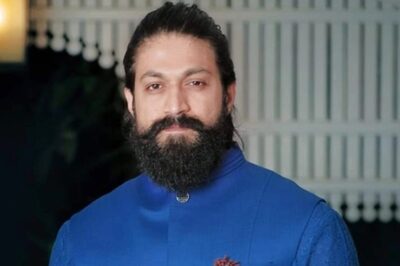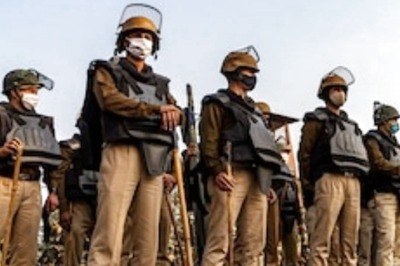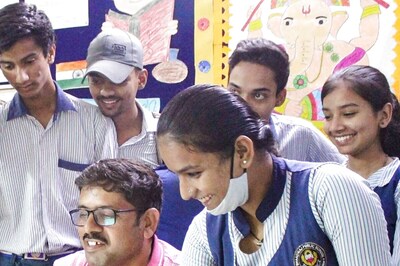
views
Japan's conservative tactics have won games if not admirers at the Asian Cup, but coach Hajime Moriyasu said on Sunday the Blue Samurai will stick to their blueprint in the semi-finals against attack-minded Iran.
A succession of one-goal wins -- including a victory over Saudi Arabia in which Japan controlled just 23 percent of possession -- has evoked memories of Euro 2004, when Greece owed their surprising victory to a similar approach.
But Moriyasu, who took charge in July after Japan's last-16 exit at the World Cup, made no apologies, saying his young team were getting results and still learning along the way.
"When we came to the tournament we knew every match would be difficult," Moriyasu said in Al Ain on Sunday, as the four-time winners prepare to take on Asia's top-ranked team.
"We're not a perfect team, and we're not an experienced team so we're developing each game we play."
Japan trailed against Turkmenistan and Uzbekistan before fighting back to win 3-2 and 2-1 in Group F, where they also needed Genki Haraguchi's penalty to beat Oman 1-0.
A headed goal from a corner, against the run of play, beat Saudi Arabia in the last 16, while Ritsu Doan's VAR-assisted penalty gave Japan a 1-0 win over Vietnam in the quarter-finals.
"In every match, the players are learning as well as getting the result and moving to the next stage, winning by small margins," Moriyasu said.
"Winning is very important because no matter how we play, we're playing with consistency. And also I think at the same time our players are trying to express our team concept.
"I want them to do the same tomorrow -- play aggressively, and hopefully get the result."
While Japan have moved quietly to the semi-finals, Iran are the form team, scoring 12 unanswered goals with a direct, physical approach as they eye their first Asian Cup title in 43 years.
Moriyasu played in their epochal meeting in 1992 when Japan, not yet an established force in Asian football, ousted the regional giants 1-0 at the group stage en route to their first title.
He said certain traits remained in the Japanese team -- although expectations were now much higher after Japan's four Asian Cup titles surpassed the three won by Iran and Saudi Arabia.
"I think the nature of the team, they play as a unit and help each other, that has stayed the same for many years," Moriyasu said.
"And also the motivation of the team is the same. But now, winning is normal and players have to play with big pressure, that's what's different."




















Comments
0 comment